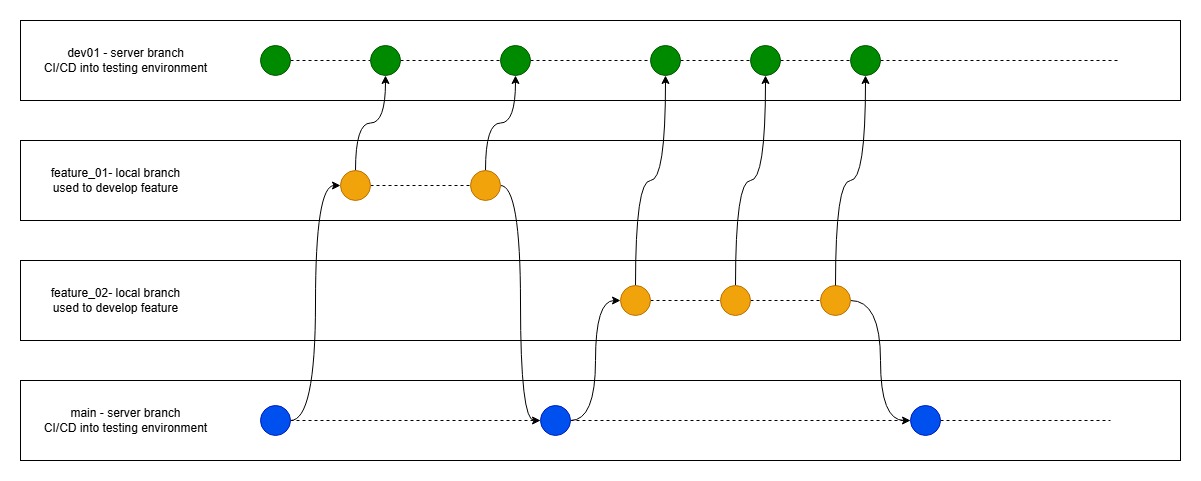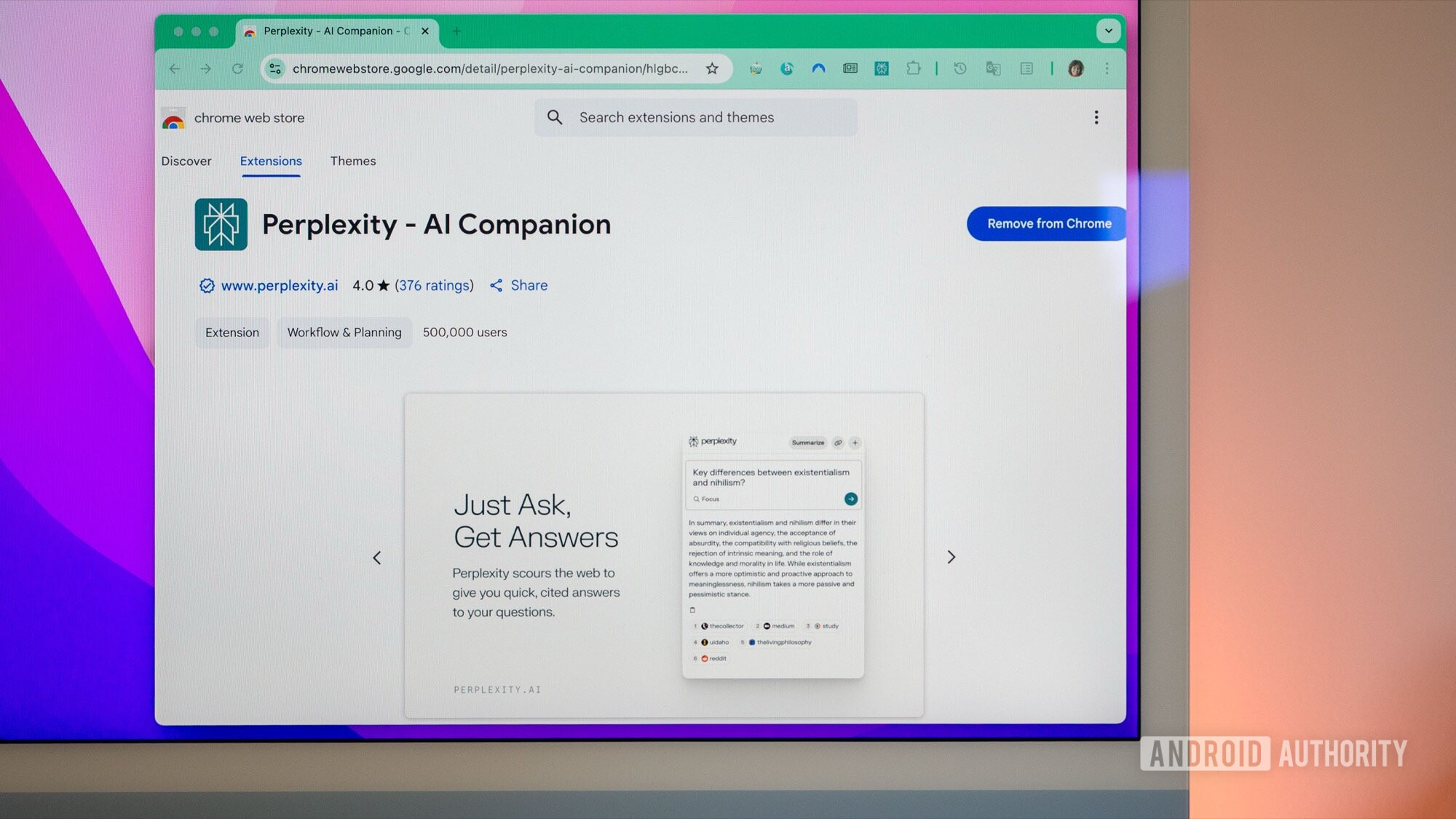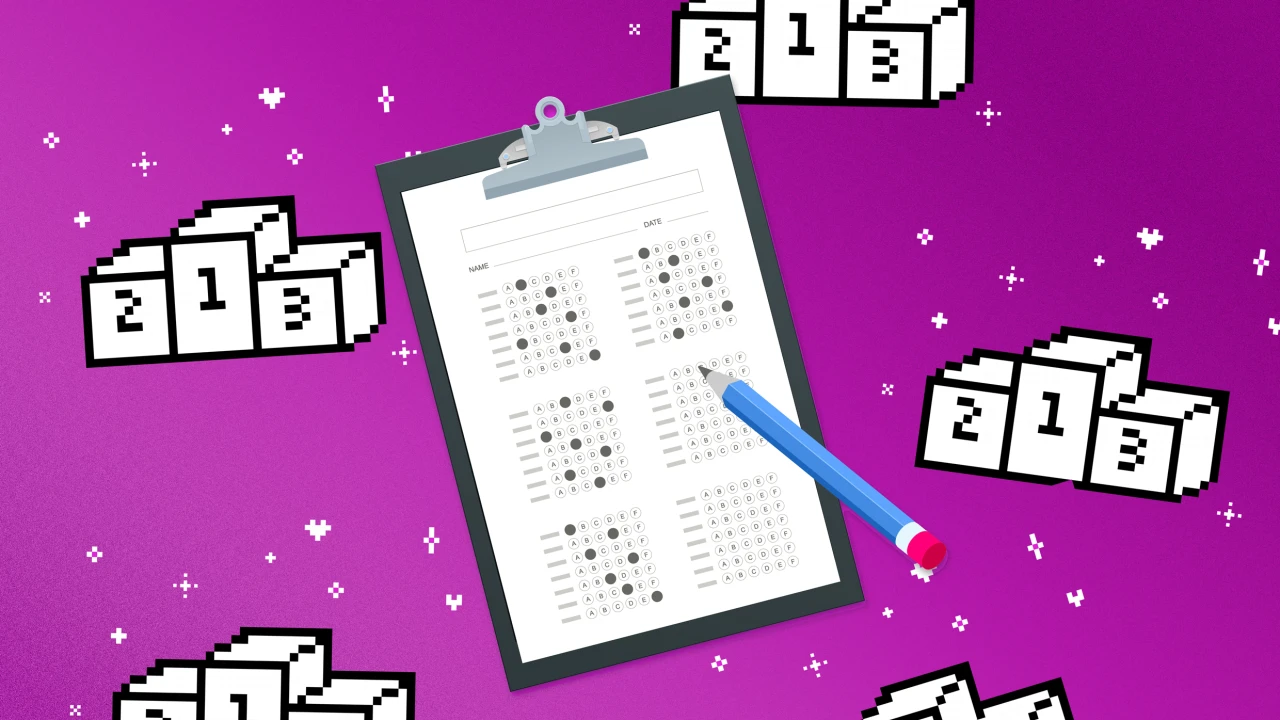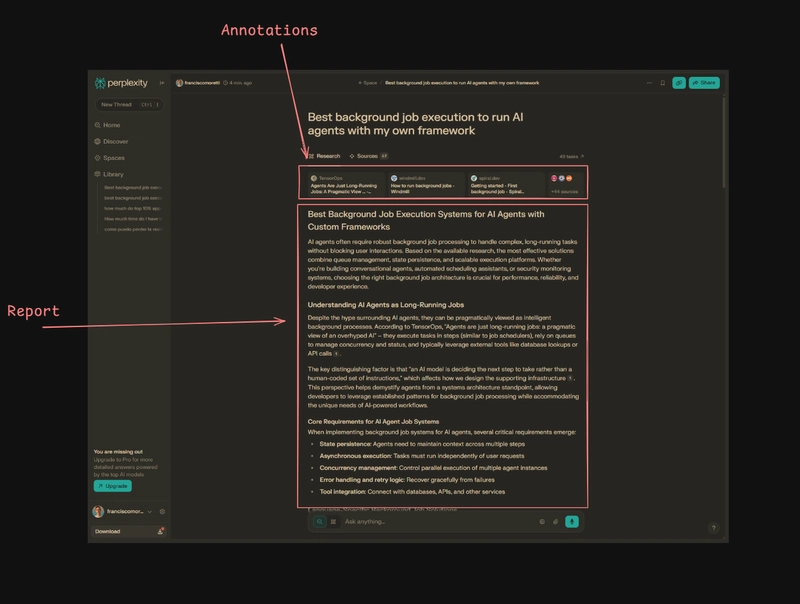From Requests to Reports: Clean Logging in API Testing
While many testers are familiar with the basics of API testing—validating status codes, parsing response bodies, and testing CRUD operations—expert-level API testing goes far beyond that. To build a resilient and maintainable test suite, testers must adopt advanced practices like structured logging, traceability, and clear reporting. In this article, we explore logging best practices that are largely tool-agnostic, but we'll demonstrate them using PactumJS, a powerful and extensible API testing tool, along with Mocha, a popular JavaScript test framework. For logging, we’ll use Pino, one of the fastest and most reliable structured loggers for Node.js. Here is the sample repo https://github.com/pactumjs/pactum-mocha-boilerplate to see the code in live action.

While many testers are familiar with the basics of API testing—validating status codes, parsing response bodies, and testing CRUD operations—expert-level API testing goes far beyond that. To build a resilient and maintainable test suite, testers must adopt advanced practices like structured logging, traceability, and clear reporting.
In this article, we explore logging best practices that are largely tool-agnostic, but we'll demonstrate them using PactumJS, a powerful and extensible API testing tool, along with Mocha, a popular JavaScript test framework. For logging, we’ll use Pino, one of the fastest and most reliable structured loggers for Node.js.
Here is the sample repo https://github.com/pactumjs/pactum-mocha-boilerplate to see the code in live action.






































































































































































![[The AI Show Episode 145]: OpenAI Releases o3 and o4-mini, AI Is Causing “Quiet Layoffs,” Executive Order on Youth AI Education & GPT-4o’s Controversial Update](https://www.marketingaiinstitute.com/hubfs/ep%20145%20cover.png)



























































































































![[DEALS] Microsoft 365: 1-Year Subscription (Family/Up to 6 Users) (23% off) & Other Deals Up To 98% Off – Offers End Soon!](https://www.javacodegeeks.com/wp-content/uploads/2012/12/jcg-logo.jpg)




![From Art School Drop-out to Microsoft Engineer with Shashi Lo [Podcast #170]](https://cdn.hashnode.com/res/hashnode/image/upload/v1746203291209/439bf16b-c820-4fe8-b69e-94d80533b2df.png?#)








































































































(1).jpg?#)
































_Inge_Johnsson-Alamy.jpg?width=1280&auto=webp&quality=80&disable=upscale#)


















































































































![New Apple iPad mini 7 On Sale for $399! [Lowest Price Ever]](https://www.iclarified.com/images/news/96096/96096/96096-640.jpg)
![Apple to Split iPhone Launches Across Fall and Spring in Major Shakeup [Report]](https://www.iclarified.com/images/news/97211/97211/97211-640.jpg)
![Apple to Move Camera to Top Left, Hide Face ID Under Display in iPhone 18 Pro Redesign [Report]](https://www.iclarified.com/images/news/97212/97212/97212-640.jpg)
![Apple Developing Battery Case for iPhone 17 Air Amid Battery Life Concerns [Report]](https://www.iclarified.com/images/news/97208/97208/97208-640.jpg)


































































































